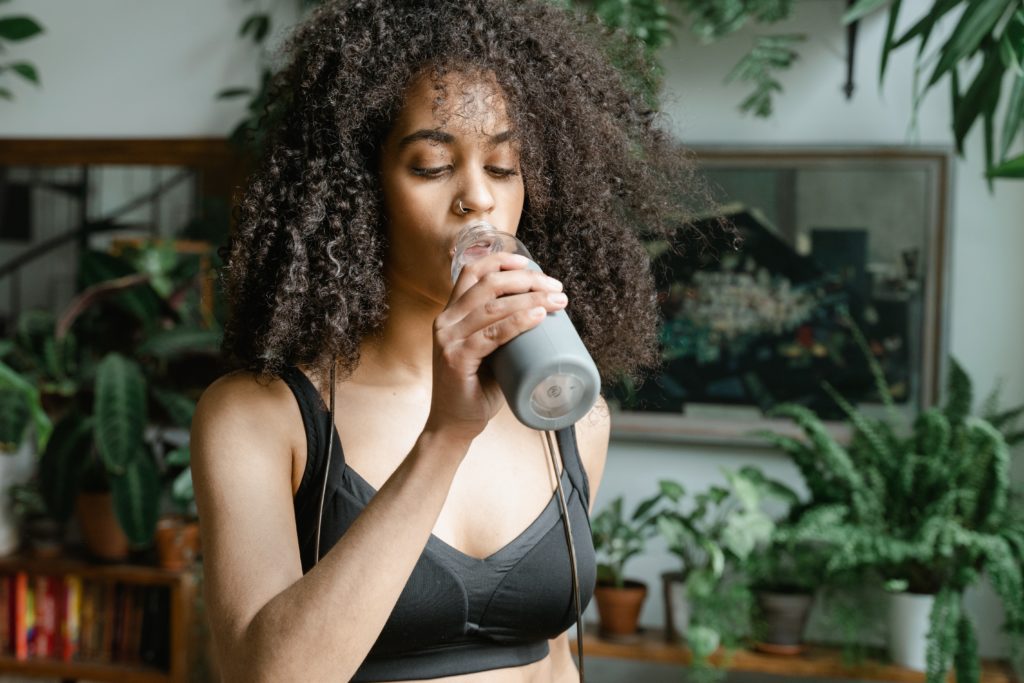4 Mins Read
Sheila Morovati, founder and president of non-profit Habits of Waste is on a mission. She wants to prevent the continued use of single-use plastic in the media and take representation of the material out of the limelight. By denormalising its presence, she hopes that environmental alternatives will become a quicker and easier norm for the majority of people. Her campaign, “Lights, Camera, Plastic?” asks TV and film producers directly to ban single-use plastic in their creations.
Morovati has participated in numerous successful waste-reduction programs before. She remains concerned that while single-use plastic is made visible to media viewers, it will influence their consumption habits. Cutting the environmentally harmful products from popular TV shows and films will facilitate a transition to renewables, she claims.

Are people so easy to influence?
“It’s been proven that there’s a direct correlation between human behavior and what we see on-screen,” Morovati told Green Matters. “It is like a chicken and an egg situation, where the films are trying to emulate society, but society is emulating what they see on film, their favorite actors, and what they’re holding in their hand, and what they’re wearing, and what they’re doing. Just look at smoking. It’s the same thing.”
With a background in sociology, Morovati’s observations carry weight. She has spoken about her dismay at turning on the television only to see a slew of plastic bottles and associated items that perpetuate the discourse that single-use plastic is the norm. “We’re here to disrupt that cycle and contact all the guilds and let everyone who makes up the magic of Hollywood understand that what they put on the screen matters and is impacting our planet,” she said, referencing the Lights, Camera, Plastic? movement.
Demanding change
If contacting guilds directly doesn’t have the required impact, Habits of Waste gives access to a platform of resources. All are free and simple to download, including posters that can be displayed and watermarks for scripts, to reinforce the plastic-free message. Any willing participants can access a shared drive where all members can add suggestions and support for going plastic-free in productions.
The latter is an important issue. Though Lights, Camera, Plastic? is focussed on the representation of plastic on-screen, Morovati acknowledges that behind the camera the problem is rife. “The plastic usage off-screen, behind the scenes, at craft services, is horrific,” she commented to Green Matters. “Have you seen how much we’re throwing away? It’s awful.”

A Hollywood love story
The new film release, Marry Me, partnered with the Lights, Camera, Plastic? Campaign. The result was a feature that showcased reusable items. The director, Kat Coiro, aligned with Morovati’s vision and agreed that if single-use plastic added nothing to the story, it didn’t deserve screen time.
Reusable water bottles and lunch boxes are just two prop swaps that offer positive implications in Marry Me. Taking things a step further, in the classroom of one of the main characters, posters are displayed to educate about the periods of plastic. “It says a lot about the character, that he’s someone who takes the time to prepare his food, and he brings it with him, and he kind of lives this sustainable life,” Coiro told Green Matters.
Coiro admits that the film is probably not entirely free of single-use plastic, but she has pledged to keep removing it from her work wherever possible. If Motovati’s thoughts about the influential nature of the media are correct, it won’t hurt that Jennifer Lopez is the lead actor and clearly enjoys using reusable water bottles that are customised for her.

Out in the world
New initiatives are proving that the message about single-use plastic is getting out. This month, it was revealed that Chile has implemented a ban on single-use cutlery and straws. It is the first step in a wider endeavour to remove all plastic. The move represents one of the most progressive globally, with many other countries only focussing on plastic bags and microplastics as a starting point.
Lead photo by Joseph Redfield from Pexels.





